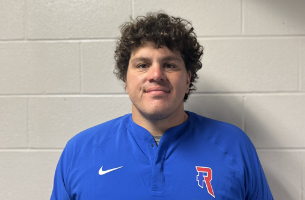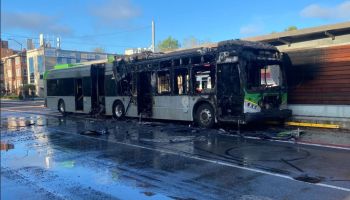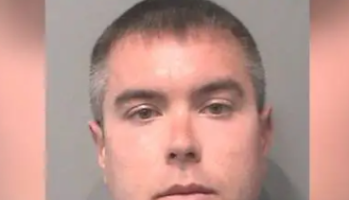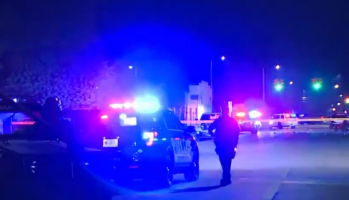(INDIANAPOLIS) – The yearlong legal battle over whether legislators can call themselves into session has reached its final stop: the Indiana Supreme Court.
Legislators passed a law last year over Holcomb’s veto allowing them to call themselves into session to review a governor’s emergency declaration. Governor Holcomb sued, contending Indiana’s constitution gives only the governor the power to call a special session. A Marion County judge disagreed.
Holcomb attorney Richard Blaiklock says more than 30 states allow their legislatures to call their own sessions, but says Indiana isn’t one of them. He says legislators considered and rejected that change as part of a 1970 overhaul which created annual General Assembly sessions, instead of every other year.
Solicitor General Thomas Fisher, representing the legislature, argues the 1970 amendments actually went further than that, giving legislators the power to set the “time and frequency” of their sessions. He says that includes meeting more than once a year. Chief Justice Loretta Rush echoed Blaiklock in questioning whether that power has simply lain dormant for more than half a century before legislators decided to exercise it last year.
The court fight potentially could derail a more recent change to the legislative calendar: the one-day “technical corrections day,” when legislators reconvene to vote on veto overrides and fix any typos that can’t wait till the next year. That law has never been challenged since its passage in 1995, and Fisher says the same power which authorized those sessions makes the new emergency-session law possible. Justice Geoffrey Slaughter warned that argument could backfire, suggesting the two laws “rise or fall together.” Fisher agreed, and argued invalidating technical corrections day would “weaponize” the governor’s special session authority by allowing him to prevent review of vetoes for seven months or more.
Blaiklock says Holcomb’s not challenging the validity of technical corrections day, which has been scheduled this year for May 24. He says the one-day session is “tethered” to the regular session, with the date set aside before legislators adjourn, and treated as an extension of the regular session. But once legislators have adjourned, he argues, the governor is the only person with the authority to call them back.
If legislators want that authority, Blaiklock says, they need to do what other states have done and amend the constitution, not just pass a law.
As usual, there’s no indication of when the court will rule.













